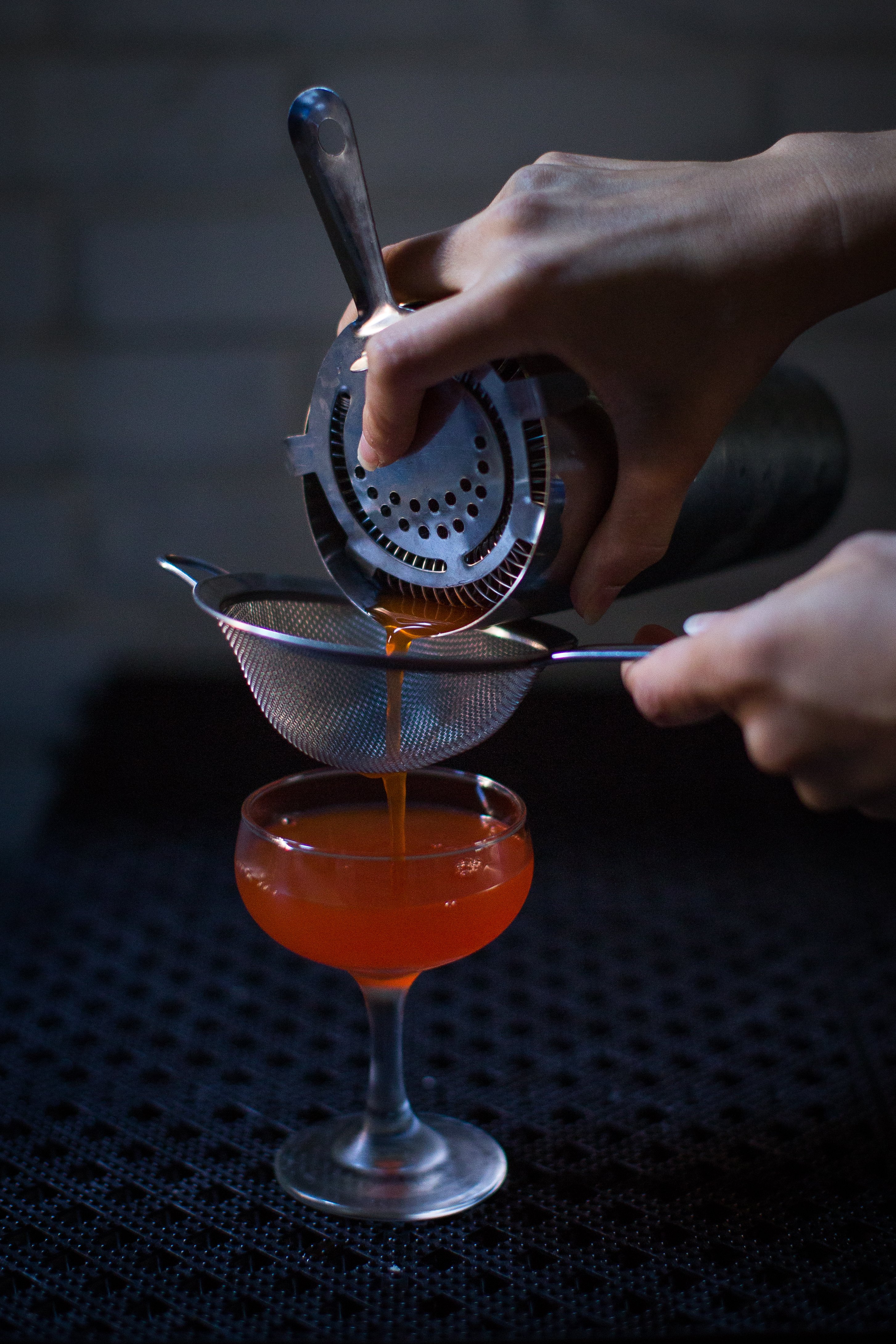Philly restaurant serves up beer, wine and cocktails that are completely animal-product-free
Vedge in Philadelphia serves a bar menu that’s 100-percent vegan.
“People can come in and not worry about our drinks; they know we are doing the vetting for them,” says Kate Jacoby, sommelier and co-owner (with her husband Rich Landau) of the downtown restaurant.
For wine and beer, Jacoby ensures the products are not fined or filtered with any animal products. Fining is a process intended to remove as much sediment as possible. Wines, beers and ciders, she explains, are often fined using animal products.
How it works is some kind of protein — often sourced from an animal such as blood or bones or egg white — is dropped into the vat of wine or beer “and the protein just naturally attracts sediment as it sinks down to the bottom,” she explains. (This can also be done with clay, which is a vegan alternative.) Then, the liquid is filtered, and the filter is often made from animal products such as fish bladders.
Because of its avoidance of animal products, Vedge relies heavily on its distributor, David Bowler Imports (New York City), and keeps an eye out for natural winemakers.
Jacoby knows where she can reliably turn for the products that fit the bill for Vedge: Germany banned the use of animal products in beer 500 years ago, so its beers work well for vegans. “However, the opposite can be said for England and Scotland, often heavy users of fining and filtering,” she points out.
For wines, countries or regions that are into natural wine production make sourcing easy. These include the Loire Valley of France; Piedmont in Italy; and the republic of Georgia. Parts of California (the Sierra Foothills) and Oregon (just outside Portland) are also on fire with natural wines, she says.
And it’s getting easier every year, she says. “America is off the wall with microbreweries, and they’re very easy to contact and find out how they’re fining and filtering. Sometimes they’re using honey or cream or some kind of weird ingredients, even bacon, but they usually announce that.”
Cocktails with a difference
For cocktails, Vedge has to steer clear of certain ingredients, such as carmine (red color), which comes from beetle blood. Campari, for example, often contains this, though Vedge carries a version that does not and instead contains an artificial color.
The only drink Jacoby has found she can’t offer so far is a rusty nail, which contains Benedictine, which includes honey. But sometimes Jacoby will do a riff on a popular drink. A Grasshopper, for example, contains crème de menthe and Baileys, but she’s made one with a vegan chocolate-flavored liqueur, Fernet-Branca, for the minty flavor and soy cream. “It wasn’t green but had great mouthfeel from the soy cream, the mintyness, and the chocolate,” she says.
Another riff has been a version of a Pisco Sour. Instead of using egg whites to create the fizz and froth, she whips up garbanzo bean juice (from a can), which does the same thing. “When I heard about this I thought it was weird and crazy but tried it and it was remarkable,” she says. This liquid, known as aquafaba, has no taste or smell and only a very mild scent.
To find out if a beverage (beer, wine or liquor) is vegan, Jacoby recommends www.barnivore.com.

Tiger’s Purr
- 1 cup Thai tea leaves
- ¾ cup Maple syrup
Directions
- Bring 2 quarts of water to a boil. Add the Thai tea leaves then simmer on low heat for 7 minutes.
- Cool for 10 minutes before straining out the tea leaves. Stir in maple syrup, cool fully, then transfer to air tight container to store in refrigerator for up to 1 week.
Cocktail Ingredients
- 1-½ oz. Famous Grouse Scotch (sub any blended Scotch)
- 1-½ oz. Thai Tea Syrup
- ½-oz. Aperol
- ½-oz. Lime juice
Directions
- Pour all ingredients into an empty shaker. Fill with ice, close shaker, and shake hard for 12 seconds.
- Double strain into a chilled coupe glass.
